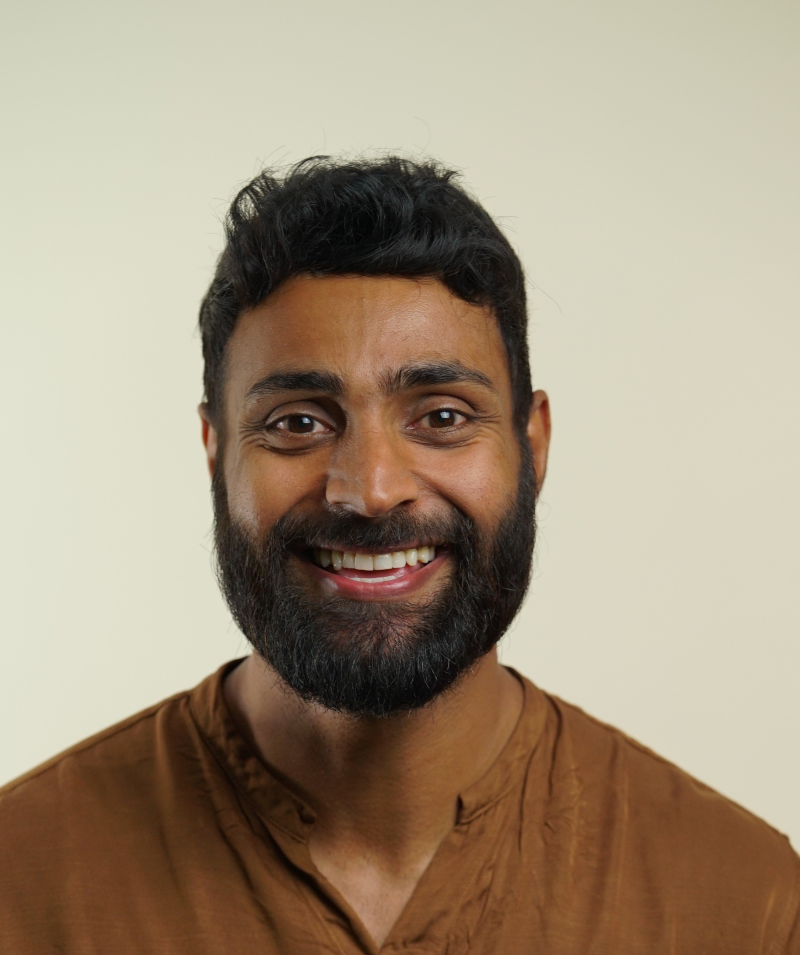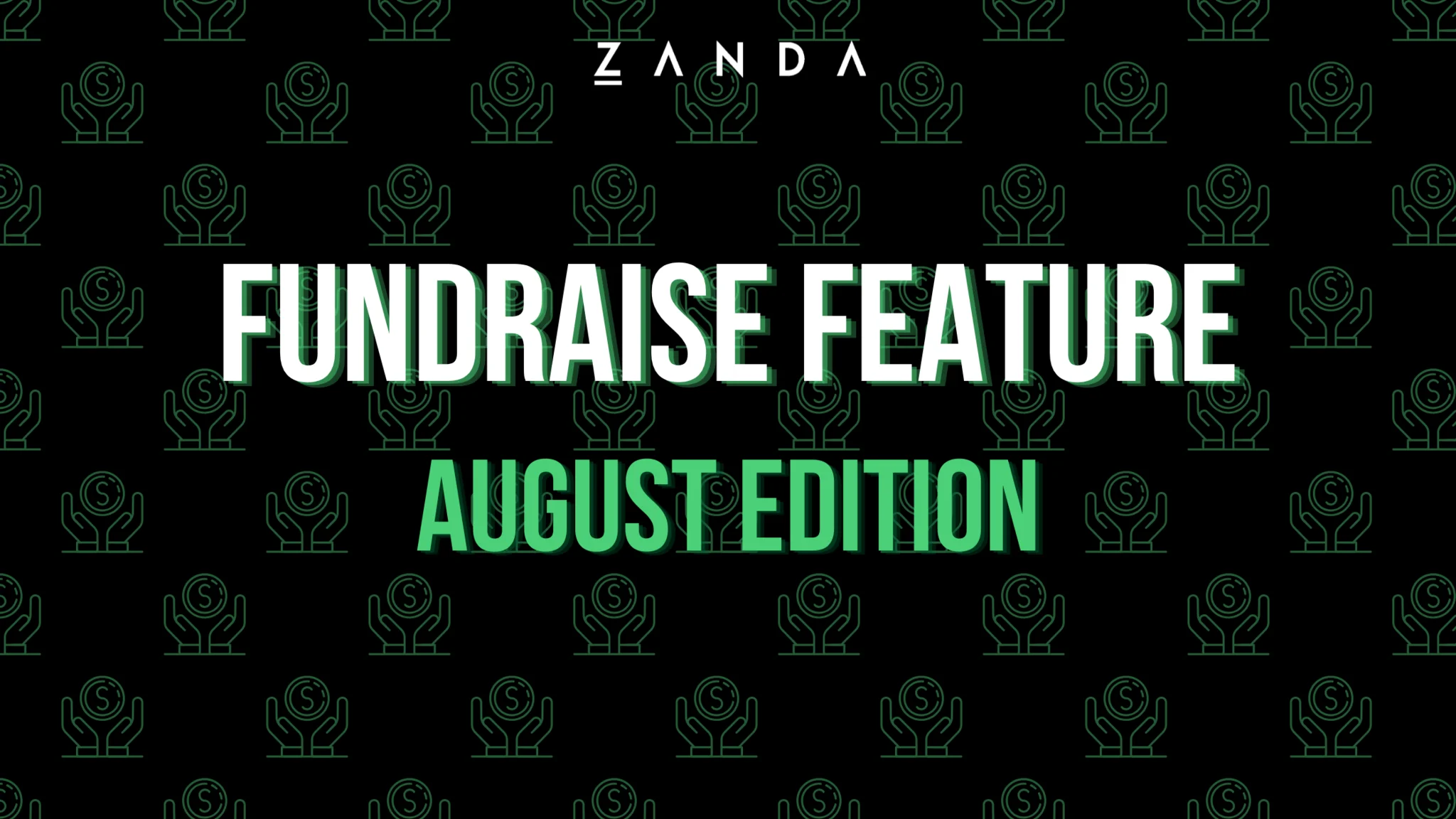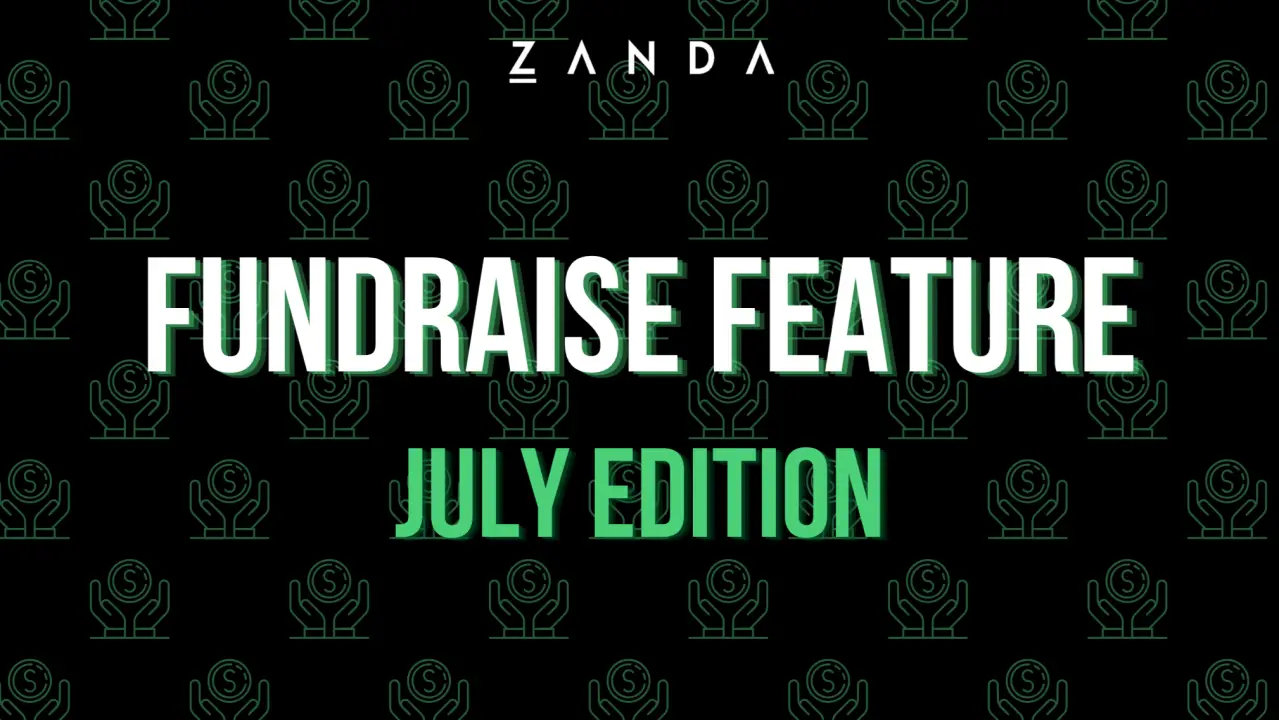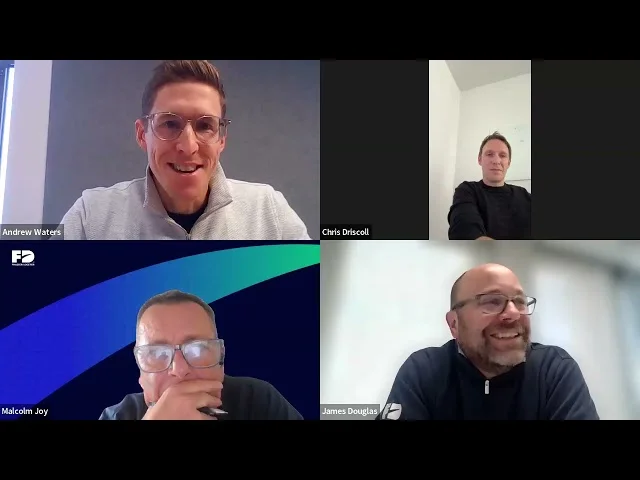
Venture Voices | 25 Madison
04 Feb, 202510 Minutes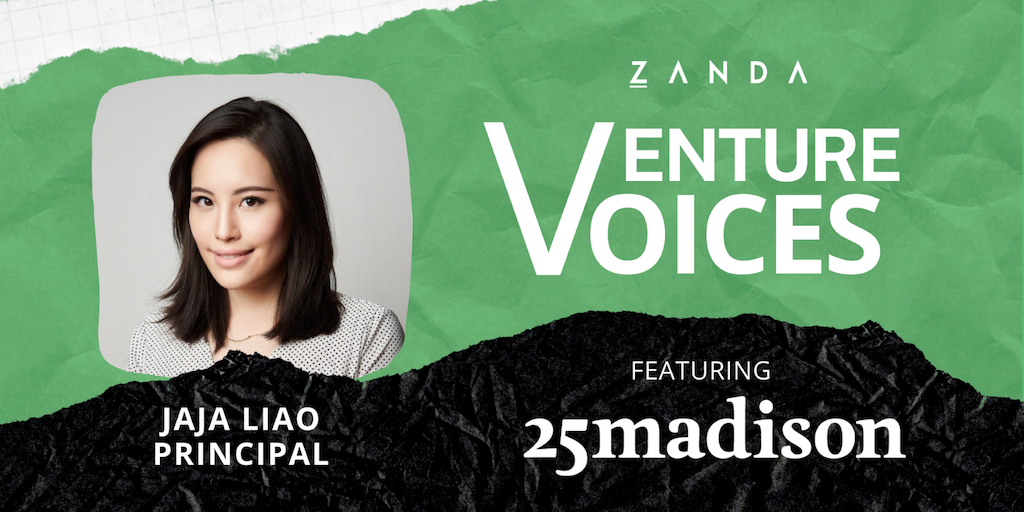
For our first episode of Venture Voices in 2025, we are joined by Jaja Liao, Principal at 25 Madison, a venture studio and early-stage fund focused on pre-seed and seed investing. Jaja studied molecular biology at Yale and started her career at Google as a business analyst on the AdMob and AdX products. Looking for more hands-on, high-growth environments, Jaja joined Clover Health—still a startup at the time – on its growth strategy team.
After Clover Health, she spent several years on the early-stage investment team at Headline. In 2022, Jaja joined 25 Madison as a studio, and when the studio expanded into a fund, she transitioned to lead the fund investing practice. She uses her broad experience to identify and help the most promising early-stage companies.
Don’t have time to read the entire discussion, use our index to jump to the sections you want to read about on our website or watch the full discussion on our youtube channel.
Interview Topics
- 25 Madison’s Evolution
- PE Partnerships & Investment Strategy
- B2B SaaS & Overlooked Markets
- 25 Madison’s Value Add
- What Sets 25 Madison Apart
- Why Target PE-backed companies
- Spotting AI-Driven Opportunities
- Overcoming AI Adoption Challenges
- 25 Madison’s Problem-Solving Culture
- How Companies Are Evaluated
- How Founders Can Stand Out
- Diversity in VC & Female Founders
- What Makes a Pitch Stand Out
- Startup Outlook for 2025
- Industries Ripe for Disruption
- Best Resources for Founders
Why did you decide to join 25 Madison, and can you share its backstory and evolution?
I was introduced to 25 Madison via one of our venture partners. Our origin story is that we were founded by our CEO, Steven Price, in 2019. He is a serial entrepreneur, and we started as a studio incubating companies from the ground up. Over time we realised we wanted to raise a fund vehicle for two reasons.
Number one: we wanted to double down on the winners that we incubated via the studio.
Number two: we also wanted to invest in new companies that we liked in the market but hadn’t incubated ourselves.
That was in 2022 when I joined, we now run both a studio and a fund. I only work on the fund side, but I still work with my colleagues on the studio investment team as well. One last thing to note is that Apollo Global Management is our largest investor.
How does 25 Madison’s relationship with PE funds shape your investment strategy? Are there specific sectors you prioritize for startup incubation and investment?
The way we work with Apollo is more than just as an investor; it’s a key strategic partnership. By collaborating with funding organizations like Apollo, we shape our investment strategy to focus exclusively on sectors where we can help our companies go to market. These include industries such as B2B SaaS across supply chain/commerce, healthcare, and regulated industries where AI can be applied. These sectors also align with Apollo’s active investments and those of our other PE partners, reinforcing our commitment to targeted, impactful collaboration.
Within the B2B SaaS sectors you mentioned, are there certain categories performing better than others?
Within our portfolio, we’re seeing significant activity in companies targeting 'unsexy' industries that are often overlooked. For example, we recently incubated and invested in a company called Rebuild, which operates in the disaster recovery space. At first glance, it might seem like a small market, but it’s actually not. This market requires tailored solutions, as existing generic or broad AI products cannot be effectively applied due to their unique and specific workflows. We think there’s a big opportunity to build a niche here and expand beyond.
What is 25 Madison’s value add? How do you help your portfolio companies stand out in the market?
For us, it’s all about distribution. That’s the number one thing we can help with. We think our PE partners like Apollo and other firms around the table, are our biggest value add. We talk about go-to-market a lot, and essentially what it boils down to is helping our startups find their first enterprise customer, via one of these PE portfolios. We do this day in and day out. We have folks who spend 90 to 100% of their time on this. It’s a big part of the 25 Madison experience and we’re leaning in more than ever.
Do you think your partnership with PE firms differentiates you from other venture capitalists? Are there others with similar models?
There are definitely others out there who have relationships where a VC fund was formed out of a PE fund, and they operate under the same brand name, for example. However, they usually act independently and don’t have much to do with the PE firm they spun out of.
What sets us apart is that we collaborate with multiple PE firms. My studio investment team works closely with their portfolio companies on a daily basis, to identify key pain points. From there, we explore whether we can incubate a product to address those specific challenges. We actively engage these companies as design partners, rather than simply spinning out of a PE fund and stopping there.
Why is now a particularly good time for companies to target Private Equity firms?
Now is the time because, if you’re a seed or Series A-stage startup looking to land your first enterprise customer, many are already pitching to the big, shiny enterprises. Those markets are crowded. Targeting PE-backed firms offers a much better and faster shot at success because these companies are often overlooked by others.
AI plays a key role here. Many PE firms and their portfolio companies care about implementing AI but are not always at the forefront of adoption, unlike the venture capitalist and tech sectors. They’re interested but often don’t know where to start. Efficiency is a major priority for these firms, and AI provides a powerful tool to help them achieve it. It’s a great feature and product for these types of firms to adopt, making them ideal partners for startups looking to make an impact.
Do PE companies typically come to you with AI-related challenges, or do you take the lead in proposing solutions?
It’s a bit of both. Often, our team meets with executives from a specific company, but it’s rare for someone to immediately list the top five frustrations in their job. Instead, the process is more like an interview, where they walk us through their workflows, team structure, and the tools they use.
During these discussions, they might realize and articulate, ‘Oh, this particular task I do every week or every day is incredibly frustrating. I’d gladly pay to offload it.’ This evolves into a longer conversation, which helps us understand both the external and internal factors. From there, we can propose effective AI solutions and hopefully, engage them as design partners.
Is there resistance to AI adoption from companies? If so, how do you help overcome it?
I wouldn’t say there’s resistance to AI. It’s more about prioritization—where does AI stack in terms of the hundreds of priorities that an executive has?
The key is to discuss AI adoption with companies at a time when they’re not struggling with a long list of challenges, as it's hard to get people's attention then. If you enter post-acquisition for example, when they’re making changes and starting to think about the next 3–5 years, you have the chance to interview them and figure out how to help them.
How would you describe the culture at 25 Madison, and how does it shape your approach to building companies?
The culture at 25 Madison is very much about solving problems. It comes from the fact that we’re not just a traditional funding organization —we also have a studio component.
We’re always looking for creative ways to solve problems, and it permeates throughout our entire culture. Specifically, we love solving problems that are the unsexy, overlooked areas that other people tend to ignore.
We’re very open to being creative in how we solve problems, whether that’s through building a product or trying something that others might not have attempted. That lens of creativity is deeply embedded in our culture.
What does your diligence process entail when evaluating startups, and what should founders focus on to stand out?
On the venture fund side, we invest in pre-seed and seed companies. Sometimes there’s already a product built with a handful of design partners or customers using it; other times there’s literally nothing built—it depends on the company.
Our diligence process isn’t drastically different from a normal VC diligence process, we’re very focused on talking to potential users in our network. This ties back to the sectors we invest in: industrial supply chain, commerce, healthcare, and regulated industries.
For startup founders to stand out, having a clear understanding of their target customer and demonstrating how their product addresses a specific pain point is key. If we can’t diligence a buyer or use case within our network, it often means the product may not have a real use case or isn’t a fit for us.
Are there specific traits you look for in founders or does it vary depending on the startup?
We’re always looking for startup founders who are super resilient, driven, and ambitious. Between the fund and the studio, there are some differences. On the fund side, we’re looking for teams—a traditional CEO, with either a CTO and/or one or two additional co-founders.
On the studio side, it’s more about domain expertise. For example, if someone is building something specific in an area like industrial supply chains, we look for expertise in that area. These profiles tend to do better on go-to-market and sales. We’re not looking for perfectly formed teams in the studio, because part of the studio’s purpose is to help augment and build the rest of the team.
Do you think progress is being made in improving diversity for female founders?
I think things are getting better. Compared to when I started my career, there’s been a notable increase in female founders and female venture capitalists, which is great and gives me hope for the future. That said there’s still a long way to go. You walk into a lot of rooms and still don’t see many women around. The tech community has made progress, but there’s definitely room for improvement overall.
What should startup founders focus on to stand out during a pitch?
It’s all about the “why you”. Why are you the perfect person to start this company today? At the pre-seed and seed stages, that’s the number one question. Why are you the person who’s going to solve this massive issue and spend 7-10 years of your life doing it? Why do you have the highest chance of success compared to someone else? That’s the number one thing we’re looking for. Of course, there are many other factors but that’s the most important one.
Do you have an example of a particularly strong pitch that stood out to you?
I don't have an example but I can say that the teams that stand out, are the ones who have a really clear and concise way of saying “This is the problem, this is how we’re going to solve it, and this is why we’re the perfect team to do it.”
Sometimes you can just tell from the first conversation with a startup founder that they’re uniquely suited to solve a specific problem. I usually know after the first meeting if I want to invest or not—it’s very intuitive now. If I’m not excited in the first meeting, it’s usually a sign that something’s off.
What’s your outlook on the 2025 global startup ecosystem?
I’m cautiously hopeful for 2025. I think we’ll see more tech IPOs in 2025, and that will have a trickle-down effect on the pre-seed and seed stages. So, personally, I’m feeling pretty optimistic.
Are there any specific industries or opportunities you would recommend new founders explore for big market disruptions?
We’re spending a lot of time researching the industrial distributor space right now. These companies are a huge part of the supply chain sector in the US and are often overlooked by tech providers. They have specific workflows and significant domain knowledge, so they’re not going away anytime soon. There’s a lot of opportunity there for startups to build products for this space.
Any books, resources, or activities you’d recommend for startup founders to grow and develop themselves?
I’ll give a shoutout to my favorite Substack. My friend Noah Smith writes a great one—his Twitter handle is @Noahpinion. It’s not 100% tech-focused; it’s a mix of global economies, geopolitics, and tech. It’s well-written, easy to read, and very insightful. I think founders would enjoy it.
